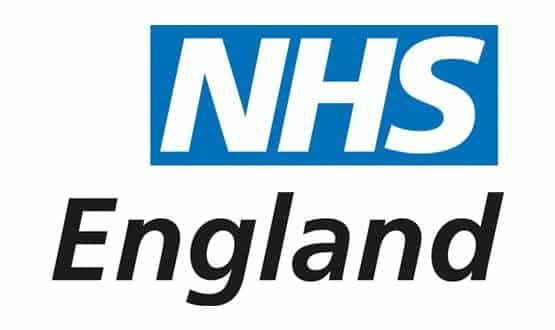NHS England’s Technology Enabled Care Services programme will publish a telehealth toolkit for commissioners later this autumn.
Speaking at the King’s Fund’s International Digital Health and Care Conference in London last week, Cathy Hassell, programme head for the TECS programme, said it had consulted with stakeholders and commissioners.
And during the process, it became clear that “people wanted support” on how to use telehealth and telecare.
“[Commissioners] wanted a ‘how-to-guide’ that is written for commissioners and by commissioners," she said.
“We are developing a central repository of evidence that can be accessed by health and social care professionals and commissioners. We are also working in collaboration with the Royal College of General Practitioners to develop an online learning module for primary care commissioners.
“Commissioners don’t have time to go out and research everything on every single topic so we need to do that for them. What we are doing now is developing a commissioning resource and toolkit which we expect to launch this autumn.”
She added that the toolkit is being developed by the NHS Commissioning Assembly and will not be an NHS England product.
As part of the shake-up of the NHS in April 2013, NHS England took over responsibility for the programme, formerly known as 3millionlives, which initially aimed to have 3m people using telehealth or care by 2017.
A new strategy on the programme was due out in May this year, but EHI understands that the decision was made not to publish. Instead, a letter outlining the programme’s plans will be sent out to stakeholders and interested parties in the coming weeks.
The 3ML programme was launched with considerable fanfare by Prime Minsiter david Cameron, on the back of headline findings for the Whole System Demonstrator programme that have not been bourne out by more detailed studies.
Its seven pathfinders, selected by health secretary Jeremy Hunt, were struggling to get uptake of telehealth on a larger scale. In November last year, NHS England decided to scrap the pathfinder programme.
Hassell said that after consulting with the new stakeholder forum, which includes NHS commissioners, NHS providers, housing, social care and industry representatives, it became clear that it needed to be ‘”re-defined” and become more of a partnership project where commissioners are supported every step of the way.
“What we are trying to do is creating the conditions for primary care providers to maximise the benefits of telehealth by tackling the obstacles to adoption and things like that,” she said.
She added that commissioners wanted a technology-based care pathway guide to be able to see and measure the difference between that and a non-technology-based pathway. “Decision making needs to begin and end with the patient,” she said.
NHS England is also in talks with the Department of Health to create a new procurement framework to simplify the procurement process and “enabling a freer market” that is more focused on the solution than the hardware.
The commissioning board is also re-developing the metrics to measure the impact telehealth and telecare have on patients, the local health economy and nationally.
“We are developing robust metric. The 3ML programme wanted to assess the number of people that were enhanced though technology.
"We wanted to develop something that was more sophisticated and could measure the impact in terms of the individual and then assess the impact of the local health economy and national,” said Hassell.
The metrics, still in development are: personal goal attainment; key risk factors; service utilisation; patient experience; social impact and economic impact.
The focus around the individual will be on what led to the patient’s ill health, how the patient is using services and assessing the impact technology, as part of a care package, can have on “reducing unnecessary demands on the health service.”
“The problem we are being faced with is that we have looked to technology as the answer to a lot of problems, but we have to use it as an enables and a package of care,” said Hassell.

